- Browse
- Computational Thinking For K 12 Educators Sequences And Loops
Results for "computational thinking for k-12 educators: sequences and loops"
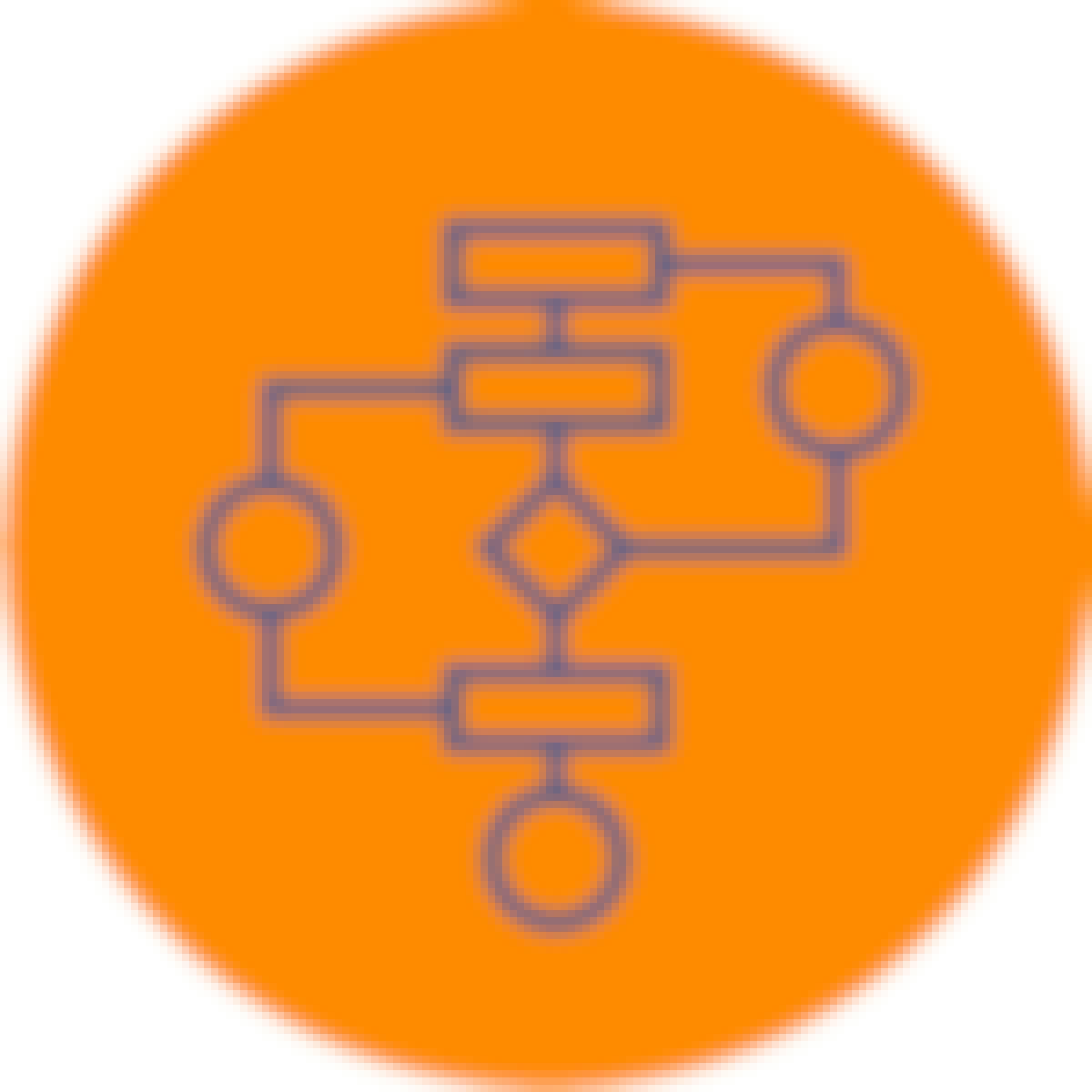 Status: Free TrialFree Trial
Status: Free TrialFree TrialSkills you'll gain: Data Structures, Graph Theory, Algorithms, Java, Object-Relational Mapping, Performance Tuning
Intermediate · Course · 1 - 4 Weeks
 Status: Free TrialFree TrialU
Status: Free TrialFree TrialUUniversity of Michigan
Skills you'll gain: Data Transformation, Creative Design, Data Structures, Programming Principles, Software Visualization, Python Programming, Computer Programming, Interactive Design, Program Development, Predictive Modeling, Debugging
3.8·Rating, 3.8 out of 5 stars6 reviewsBeginner · Course · 1 - 4 Weeks
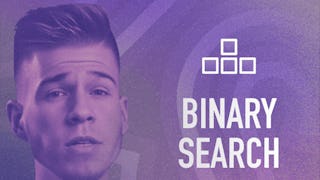 Status: Free TrialFree TrialS
Status: Free TrialFree TrialSScrimba
Skills you'll gain: Computational Thinking, Algorithms, Program Development, Software Development, Computer Programming, Data Structures, Javascript, Computer Science, Web Development
Intermediate · Course · 1 - 4 Weeks
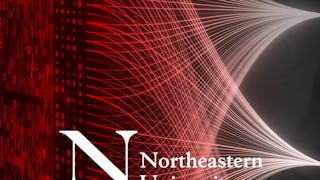 Status: NewNewStatus: PreviewPreviewN
Status: NewNewStatus: PreviewPreviewNNortheastern University
Skills you'll gain: Algorithms, Graph Theory, Computational Thinking, Programming Principles, Pseudocode, Theoretical Computer Science, Data Structures, Computer Programming, Performance Tuning
Mixed · Course · 1 - 3 Months
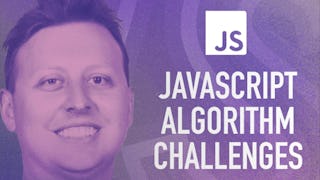 Status: Free TrialFree Trial
Status: Free TrialFree TrialSkills you'll gain: Algorithms, Data Structures, Pseudocode, Javascript, Computational Thinking, Program Development, Computer Programming
Intermediate · Course · 1 - 4 Weeks
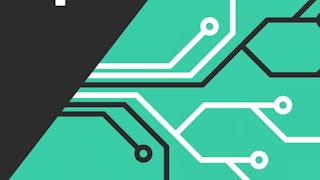 Status: Free TrialFree Trial
Status: Free TrialFree TrialSkills you'll gain: Data Structures, Algorithms, Computer Programming, Computational Thinking, Program Development, Technical Design, Debugging, Problem Solving, Performance Tuning
Intermediate · Course · 3 - 6 Months
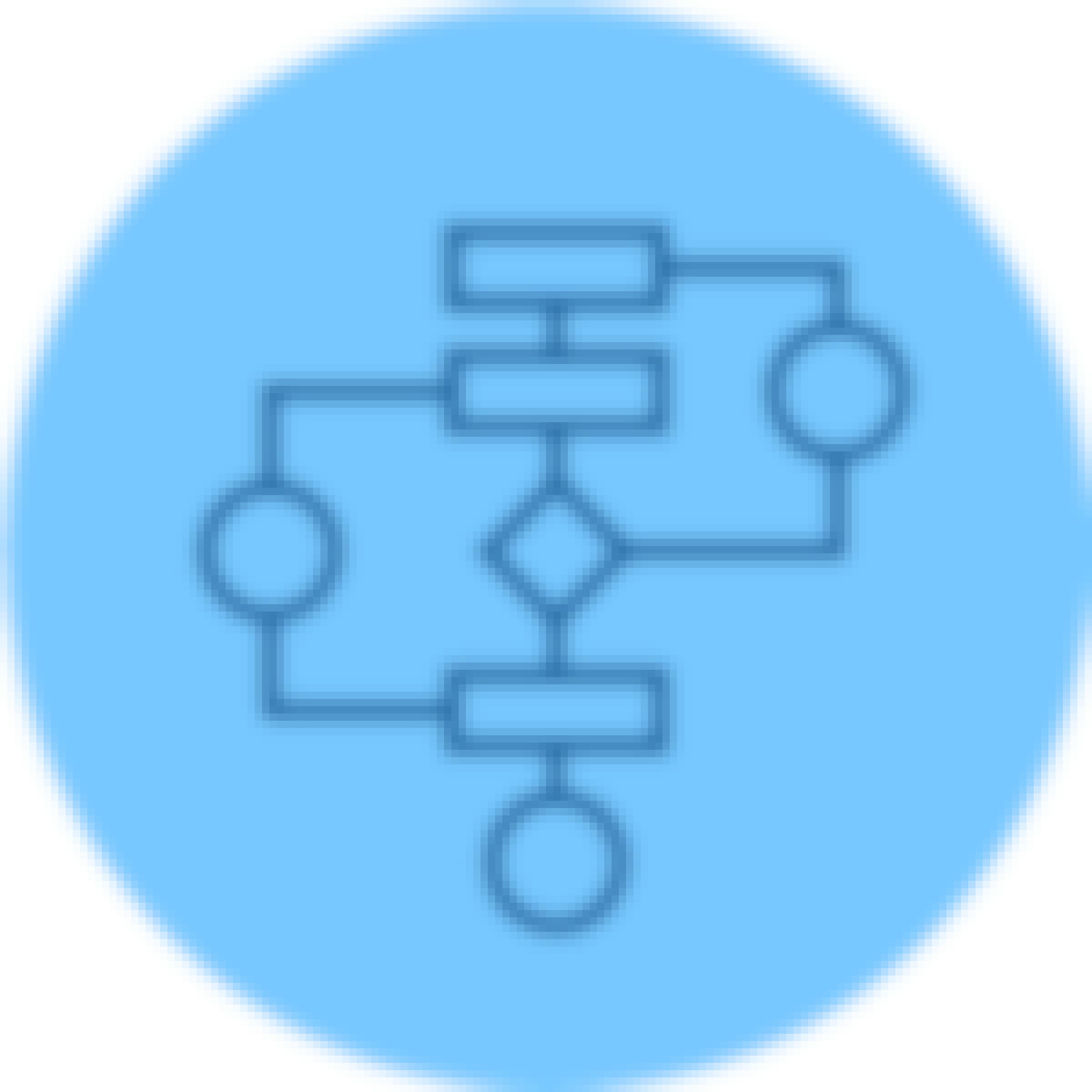 Status: Free TrialFree Trial
Status: Free TrialFree TrialSkills you'll gain: Data Structures, C++ (Programming Language), Programming Principles, Algorithms, Theoretical Computer Science, Object Oriented Programming (OOP)
Intermediate · Course · 1 - 4 Weeks
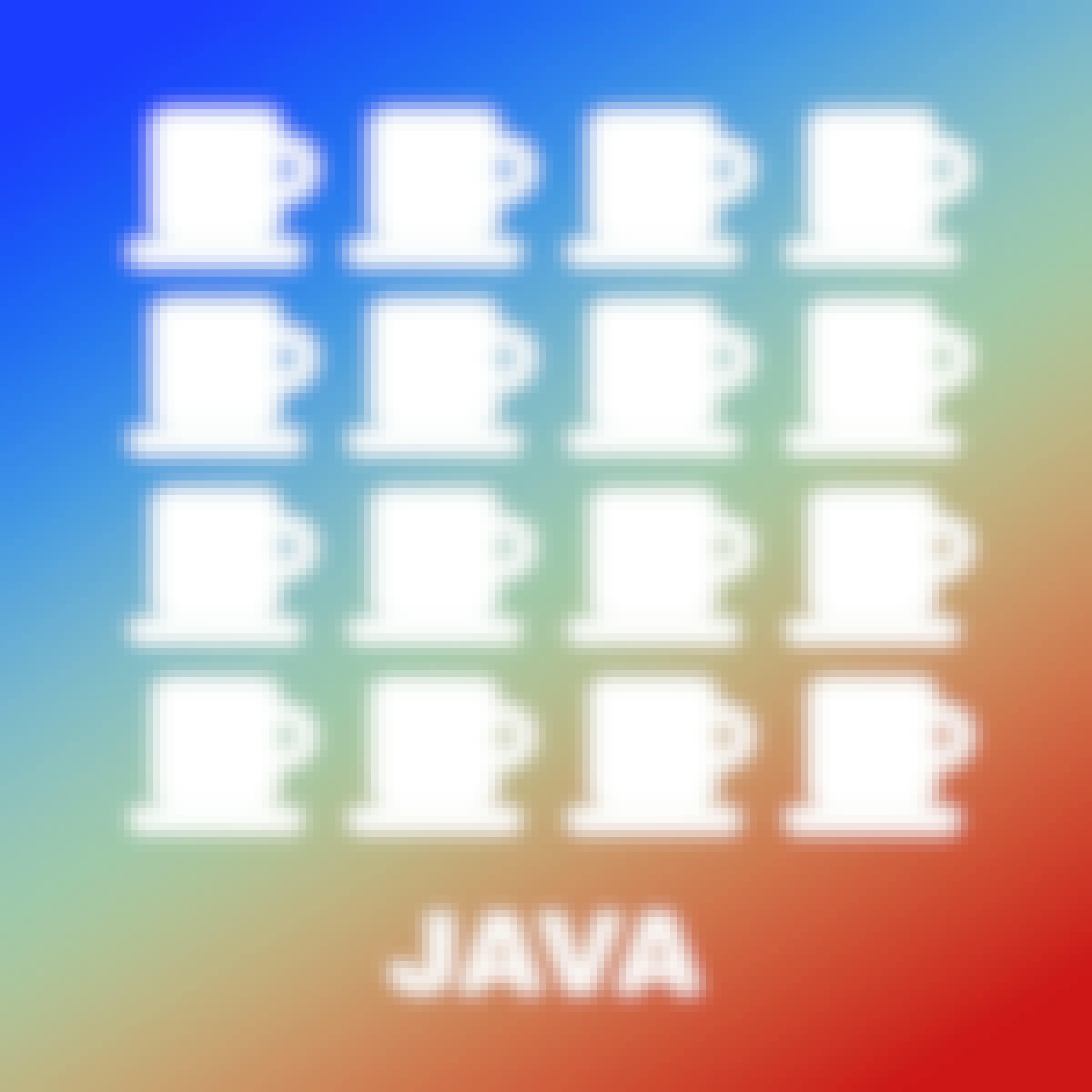 C
CCoursera
Skills you'll gain: Java, Application Development, Java Programming, Software Engineering, Microsoft Visual Studio, Algorithms
4.4·Rating, 4.4 out of 5 stars10 reviewsIntermediate · Guided Project · Less Than 2 Hours
 Status: Free TrialFree Trial
Status: Free TrialFree TrialSkills you'll gain: Computational Thinking, Algorithms, Graph Theory, Data Structures, Computer Programming, C++ (Programming Language), Object Oriented Programming (OOP)
Intermediate · Course · 1 - 4 Weeks
 Status: PreviewPreviewV
Status: PreviewPreviewVVanderbilt University
Skills you'll gain: Event-Driven Programming, Computer Programming, Distributed Computing, Computer Science, Computational Thinking, Computer Networking, Data Structures, Natural Language Processing, Algorithms, Problem Solving, Application Programming Interface (API)
Beginner · Course · 1 - 3 Months
 Status: Free TrialFree TrialD
Status: Free TrialFree TrialDDuke University
Skills you'll gain: C (Programming Language), Data Structures, Algorithms, Computational Thinking, Computer Programming, Debugging
4.3·Rating, 4.3 out of 5 stars348 reviewsBeginner · Course · 1 - 3 Months
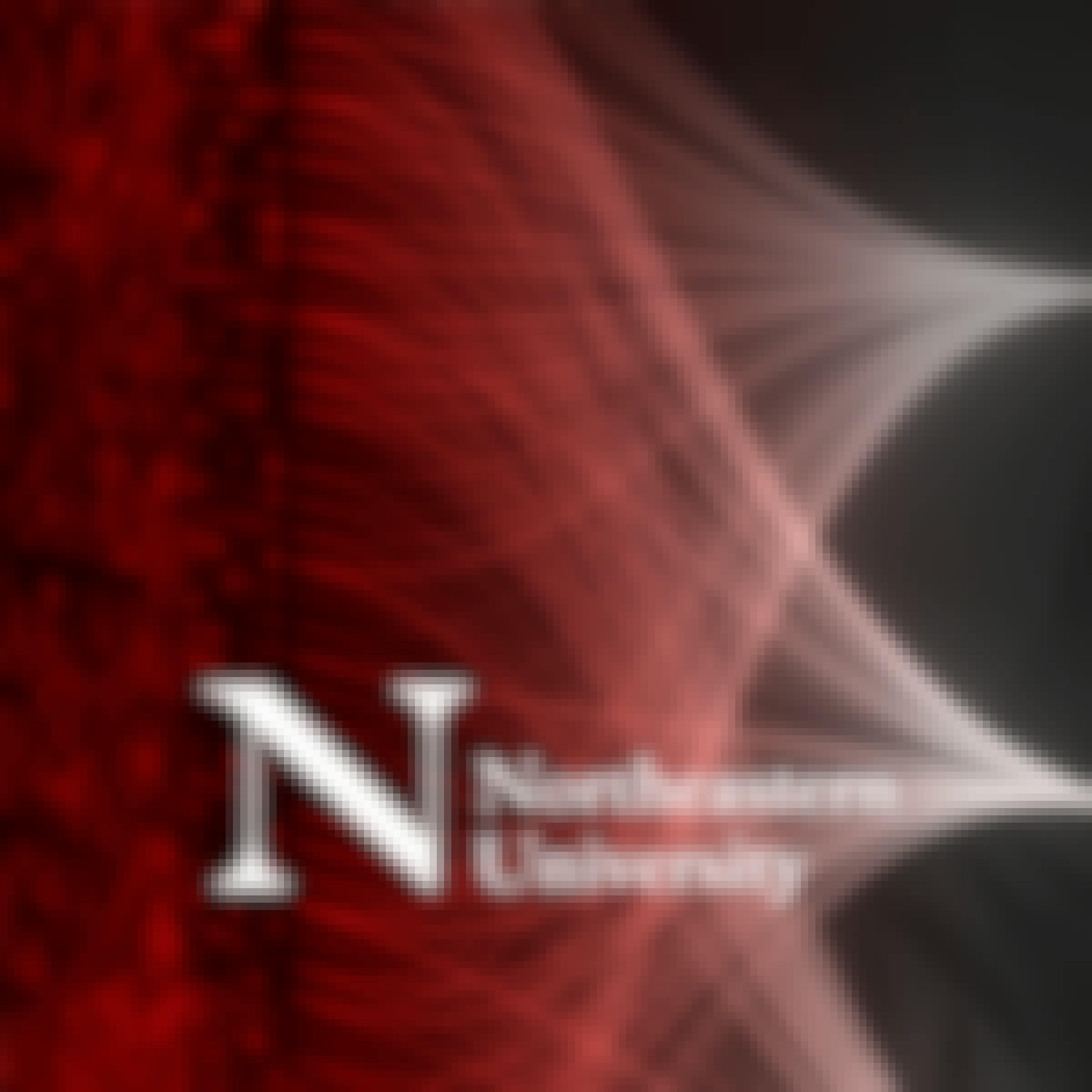 Status: NewNewStatus: PreviewPreviewN
Status: NewNewStatus: PreviewPreviewNNortheastern University
Skills you'll gain: Algorithms, Bayesian Statistics, Theoretical Computer Science, Pseudocode, Computational Thinking, Data Structures, Graph Theory, Network Analysis, Probability, Probability & Statistics
Mixed · Course · 1 - 3 Months
In summary, here are 10 of our most popular computational thinking for k-12 educators: sequences and loops courses
- Java: Non-Linear Data Structures: Codio
- Big Ideas in Programming: Expressing Yourself with Python: University of Michigan
- The Binary Search Algorithm: Scrimba
- Program Structure and Algorithms Part 1: Northeastern University
- Algorithm Interview Practice for Junior Developers: Scrimba
- Interview Questions and Real-World Applications: Packt
- C++: Linear Data Structures and Trees: Codio
- Java for Beginners: Loops & Arrays: Coursera
- C++: Non-Linear Data Structures: Codio
- Programming for a Networked World : Vanderbilt University










